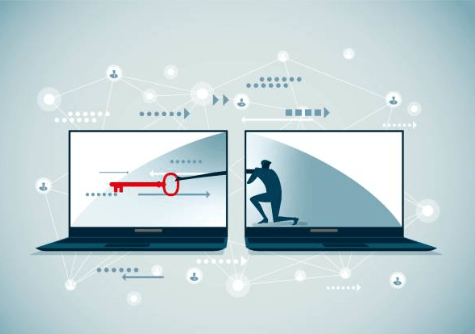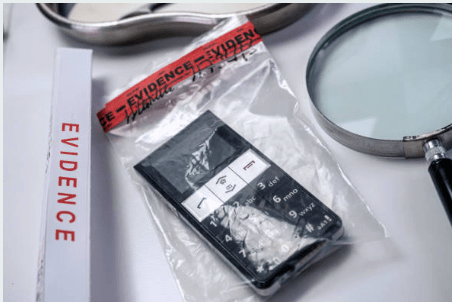Upholding Ethics in Digital Forensics: A Guide for Reliable Evidence Handling
Ethics is at the core of digital forensics, guiding professionals in investigating cybercrimes, data breaches, and other cases involving electronic evidence. As a field dealing extensively with sensitive information, digital forensics demands adherence to ethical standards to ensure that findings are credible and reliable. This article explores the fundamental ethical issues that shape the practices of digital forensics experts. Privacy and Confidentiality Compliance with the Law Objectivity and Impartiality Competency and Due Diligence Avoidance of Conflicts of Interest Evidence Integrity Preservation Ethical Use of Tools and Techniques Accountability and Reporting Respect for All Parties Involved Conclusion With all ethical considerations, this protects the integrity of digital forensics and establishes and increases public trust in these analyses. Thus, when properly governed by standards about issues related to privacy, law, objectivity, and regard for others, forensic cyber analysis contributes to an equity of justice and makes sense through a justifiable method of investigation.
Upholding Ethics in Digital Forensics: A Guide for Reliable Evidence Handling Read More »









